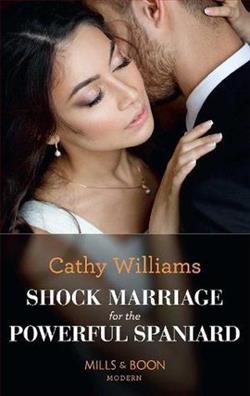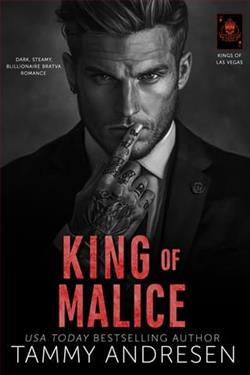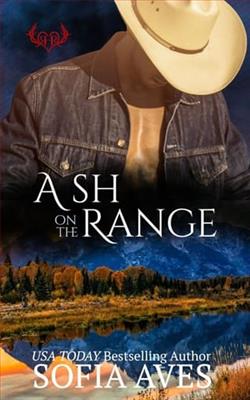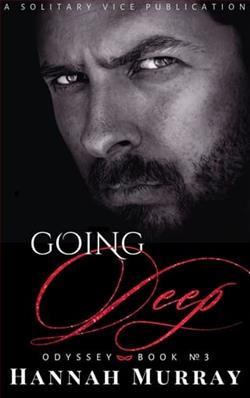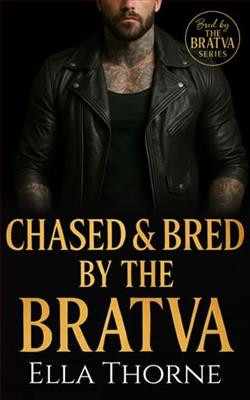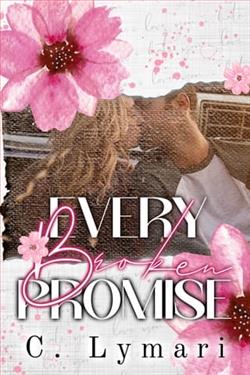Page 13 of The Road to Avalon
Medraut’s face softened into what might well have been a genuine smile, but whether it was at the thought of being likened to his father or grandfather, was anybody’s guess. “It’s lovely to see you too, Coventina,” he said, not at all sincerely, or was that just me thinking the worst? “And wonderful to be back here after so long. It feels as though I’ve come home.” Okay, maybe that last bitwassincere. Worryingly.
From outside came the sound of voices. Before we had the chance to say any more, the doors opened yet again, and this time itwasArthur, an arm around Llacheu’s shoulders and accompanied by Cei, and Merlin, with Amhar trailing behind them. The other young men of Medraut’s faction must have been attending to their horses, thank goodness. I’d had more than enough of wild young men.
Archfedd relinquished her hold on my hand and ran to her father, who released his hold on Llacheu, spun her off her feet and twirled her around. “You’ve grown prettier in my absence, my Chick,” he said, echoing my words. He set her down and she hugged Amhar, who hugged her back with enthusiasm. However he felt about Llacheu, he loved his little sister.
“I see you’re well on with your preparations for the feast,” Arthur said to Coventina. “I think we all need to wash the dust of the road off before we eat. How long do we have?”
Coventina caught his hands and planted a kiss on each cheek. “An hour at most, Little Brother.”
Cei turned to Medraut. “Better come with me.” He put a guiding hand on that young man’s back to steer him toward the doors. “I’ll sort out where you and your friends are to sleep. We’ve some spaces in our barracks, I should think. And Amhar, you can show him where to go.”
At the door, Medraut paused and looked back, but not at me with my coveted dragon ring. No, he had eyes only for my pretty daughter.
Chapter Seven
As late springturned into early summer, Medraut and his friends slipped easily, too easily maybe, into the routine of the fortress. They trained with Arthur’s men, hunted with Boden’s hounds, and as far as I could tell without too much nosing, partook of such carnal pleasures as were available within the fortress walls or in the village at the foot of the hill. And Amhar was all the time in the thick of their activities, basking in being his cousin’s new favorite, even above Prince Cinbelin.
I kept a wary eye on their activities, but the fortress was large, and it wasn’t an easy task. They’d been accommodated in a couple of the long barracks houses in the northeastern corner, close to the training ground as were most of the other young warriors. The older ones, mainly married with wives and families to care for, had houses scattered all over the hilltop, with small gardens crammed between them where they grew vegetables and herbs and kept a pig or two.
Arthur seemed happy with the new recruits to his army, and was more often than not to be found down on the training ground sparring with them, or working with the young horses being schooled as remounts. A lot of work went into turning green colts into the efficient killing machines of war; as good, Arthur swore, as having an extra warrior on your side.
One afternoon, a few days after midsummer’s day, he and I walked down the hill to the village to check the hay. The headman had come up the day before to let us know of its readiness for cutting, and Arthur wanted to see for himself.
I cherished these moments when he felt like mine alone. We sneaked away early, before any offers to accompany us could be made by Cei or Archfedd, or, perish the thought, the ever-present Medraut, who always seemed ready to poke his nose in where it wasn’t wanted.
We left by the north gates, walking carefully down the stony track with the sun strong even this early in the morning. Due to its steep incline, this track was used far less than the main one. Nevertheless, we encountered a couple of sun-bronzed, bare-armed farmworkers using it as a shortcut up to the fortress, a man and a stripling boy.
They saw us coming and moved politely into the bushes growing at the side of the track to let us pass, tugging their forelocks in respect at Arthur and bobbing clumsy bows to me. “Milord. Milady.” They carried scythes over their shoulders.
“Dingad, Rhun,” Arthur, who knew all the villagers by name, said with a grin, eyeing the scythes. “What’s taking you up the hill?”
Dingad, the elder, a man with a thick thatch of pepper and salt hair, tugged his generous forelock a second time. “Gotta get our scythes ready for the hay, Milord. Both o’ these need a bit o’ work. I did break the blade o’ this un on a stone.”
Rhun ran his hand along the rusty looking blade of the one he carried. “And mine ain’t seen no work for a number o’ years. She do need fettlin’. ’Tis my first year cuttin’, Milord. An’ I doan want to be told I ain’t done it proper.”
Arthur gave the boy a slap on the shoulder. “Then off you both go and get it done. I’ll have mine out for a fettling when I get back from inspecting the crop.”
Dingad and Rhun, grinning widely at their king’s reaction, shouldered their scythes again and continued up the hill. If Arthur had reigned in my old world, newspapers would have said he had “the common touch.”
I linked my arm through Arthur’s as we approached the cluster of thatched village buildings and the little wattle and daub church. Men were hoeing the vegetable patches between the houses, and even this early, women had brought their looms out into the sun, their hands darting back and forth as they created cloth. I’d tried my hand at that at Conventina’s suggestion, my skill at sewing being so poor, but alas, I’d discovered myself to be equally bad at weaving. She’d heaved a sigh of resignation, but I’d been glad– I had better things to do with my time.
“We’ll walk down to the water meadows and see how the grass is coming along down there,” Arthur said, returning the bow of the village baker, a red-faced, rotund man who looked far more jovial than he really was, and so fat he must regularly eat half his produce. By contrast, his skinny little wife, sitting outside their house nursing the newest addition to their family, had the look of someone who only got the crumbs.
The dusty track led us between the houses and out into the fields, where already the fat seedheads on the wheat and barley were taking on the faint blush of golden ripeness. Stone and earth banks topped with spiky hawthorn bushes protected the corn from agile and greedy sheep, and willow hurdles blocked the narrow gateways.
“We should get a good harvest this autumn,” Arthur said, leaning over a wall to survey the crop. “With this much grain, we should be able to keep more livestock over the winter. And if the hay crop’s as good…” He grinned, suddenly boyish. “I’ll race you to the stream.”
“You’ll have to give me a head start,” I said, too late. He was already off, loping along the narrow track toward where the willows marked the little river’s course.
I bolted after him, helter-skelter, feet pounding, my thick braid bouncing on my back, all queenship stripped away with no one around to see me.
Arthur let me pass him. He hid it well, but I knew he had. Ahead, the line of willows drew closer, and I threw myself down onto the grassy riverbank under their drooping shade, gasping for breath but laughing. Somehow, I’d left behind my many worries inside the fortress gates.
He flopped down onto the grass beside me, panting hard.
I lay back, gazing up at the sky where it peeked between the swaying branches. I’d picked a spot with a knobbly root, of course. When did I ever not? But the feel and scent of the solid earthy ground, the brush of the gentle breeze on my hot cheeks, the music of the rippling stream and the call of small hedge birds lulled my thoughts.
Arthur leaned over me, blocking the light and my view of the cascading leaves, his face serious. “I could lie here beside you forever.”








